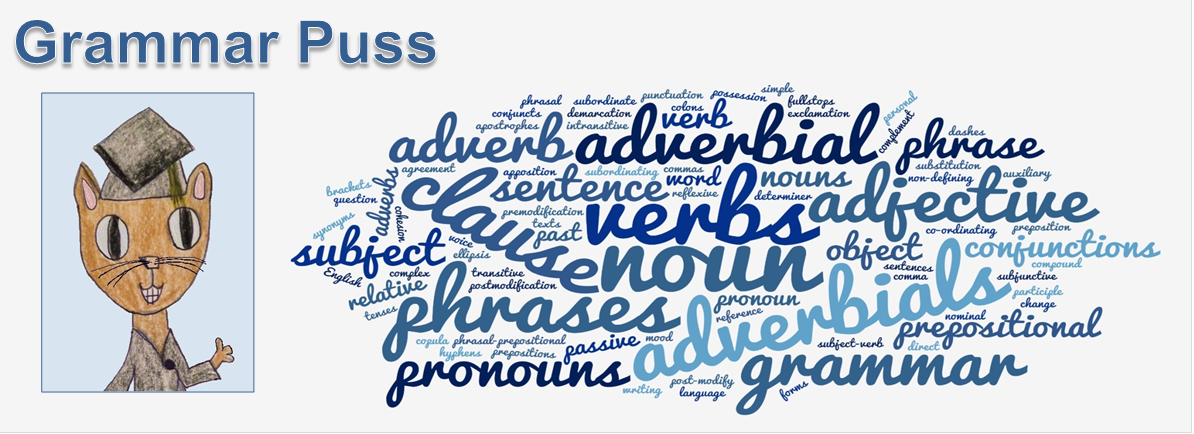It seems to me that many people are getting themselves in a
real muddle over verb forms in the past tense.
Undertaking Key Stage 2 writing moderation at the moment, I see many
examples of children getting confused with simple past/past participles forms,
especially those commonly used in dialects, e.g. she done, he swum, etc. But I’ve also become aware of the problem in
the media. On Springwatch this week, I
heard one of the presenters talking about an eagle that ‘he had rung’. Not long ago I heard Jeremy Vine using ‘he
pled guilty’. So what’s going on and why
is it important for primary teachers to be aware of this?
In the Key Stage 1 and Key Stage 2 English grammar, punctuation and
spelling test frameworks for 2016 (p.14) it states very clearly that only
British English conventions will be credited and attention is specifically
drawn to the British English variations of irregular past tense forms, including past participles.
There appear to be two separate areas of confusion around
past participles: the way verbs with more than one meaning use a different form
and the influence of American English.
Languages change over time. As a Germanic language, verb
forms in English originally depended on whether they were weak or strong verbs and,
although modern English retains many of the irregular forms from earlier usage,
new verbs form their simple past and past participle by adding the weak verb
suffix –ed. This also occurs to existing
verbs when they develop a new meaning.
So in the example above where the Springwatch presenter used
the term ‘he had rung’, he was confusing the meaning of ‘ring’. There are two definitions of this verb. One meaning is making a
clear resonant or vibrating sound and the verb forms for this word would be ‘he
rings, he rang, he has rung’. The other
meaning seems to be more related to the noun ‘ring’, where something is
encircled, e.g. a crowd or a bird’s leg.
The forms of this version would be ‘he rings, he ringed, he has ringed’.
English is such a flexible language and it is possible to
create verbs from other word classes. Any
word that comes into modern English as a verb now has the –ed ending for both
simple past and past participle forms.
Recent additions I have heard include ‘yellow-carded’, ‘facebooked’, ‘blogged’,
‘friended’, ‘defriended’, etc.
We must also note the influence of American English when using
the past participle to create the perfect form of the verb. The following examples show differences
between some British English and American English past participles:
Simple present
tense
|
Simple past
|
Past participle
(British)
|
Past participle
(American)
|
I plead
|
I pleaded
|
I have pleaded
|
I have pled/pleaded
|
He gets
|
He got
|
He has got
|
He has gotten
|
They prove
|
They proved
|
They have proved
|
They have proven/proved
|
She saws
|
She sawed
|
She had sawed
|
She had sawed/sawn
|
It should be noted here that, just as the American English
permits either past participle to be used, British English also has its verbs
with two acceptable versions of the past participle: burned/burnt,
dreamed/dreamt, learned/learnt are just three examples of past participles with
alternative forms and interestingly these can also be used as alternatives for
the simple past form too.
- · I dreamed last night.
- · I dreamt last night.
- · I have dreamed often.
- · I have dreamt often.
These alternative versions are likely to indicate a
transitional period in the verb due to language change. Because of the predominance of the –ed version,
many of the irregular past participles have developed regular counterparts and,
until the older version becomes archaic, both versions are acceptable. The difficulty for us is that British English
and American English verbs have evolved in different ways, since languages also
change when they are separated geographically.
It’s a tricky area, but one that we do need to be aware
of. I’m sure there will be more to come
from me on this!
